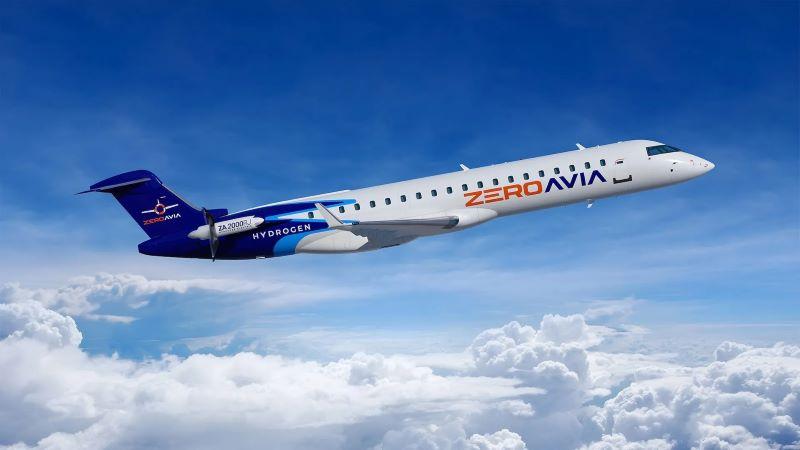
ZeroAvia and type certificate holder MHIRJ have identified a path to retrofit the CRJ700 with hydrogen-electric engines.
Credit: ZeroAvia
American Airlines has reaffirmed its confidence in hydrogen as a way to help decarbonize aviation by signing a conditional purchase agreement with ZeroAvia for 100 hydrogen-electric engines to power regional jets. The airline has also increased its investment in the U.S.-UK startup. The announcement...
Subscription Required
American Firms Up Support For ZeroAvia's Hydrogen-Electric Engines is published in Advanced Air Mobility Report, an Aviation Week Intelligence Network (AWIN) Market Briefing and is included with your AWIN Premium membership.
Already a member of AWIN or subscribe to Advanced Air Mobility through your company? Login with your existing email and password
Not a member? Learn how to access the market intelligence and data you need to stay abreast of what's happening in the air transport community.





